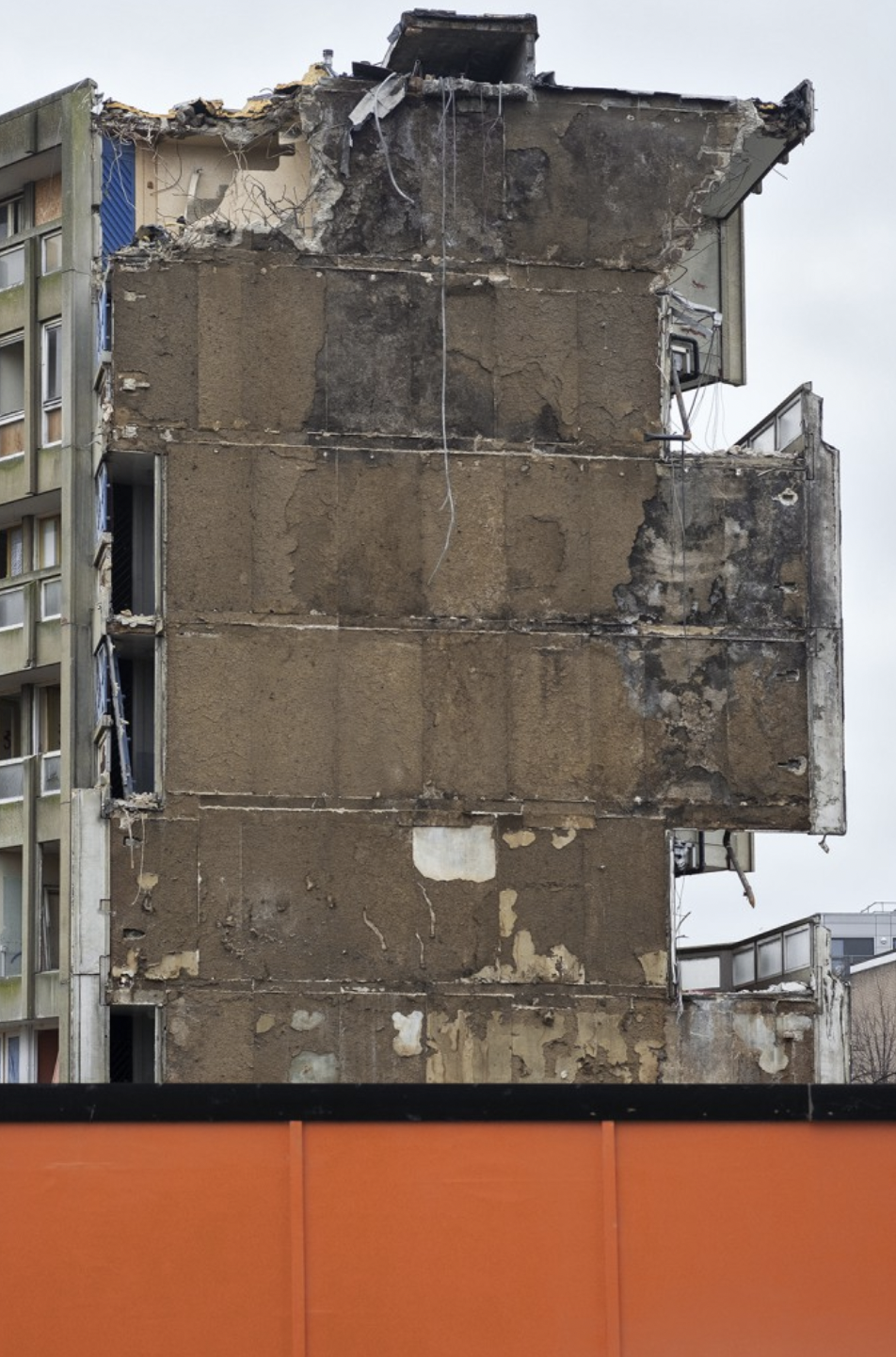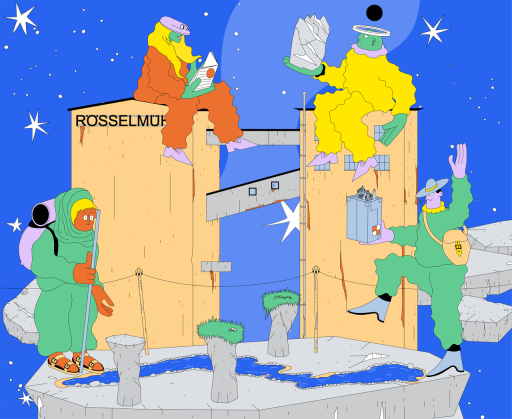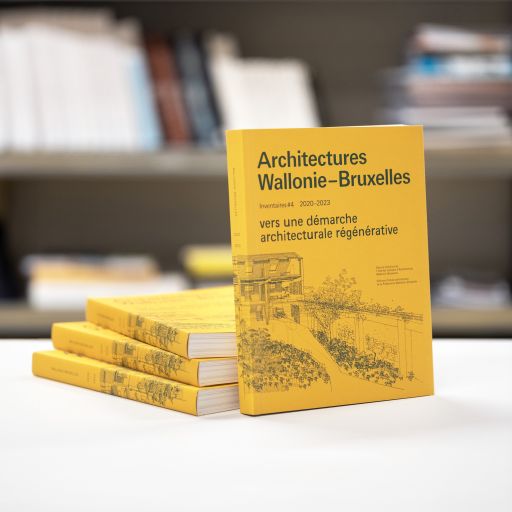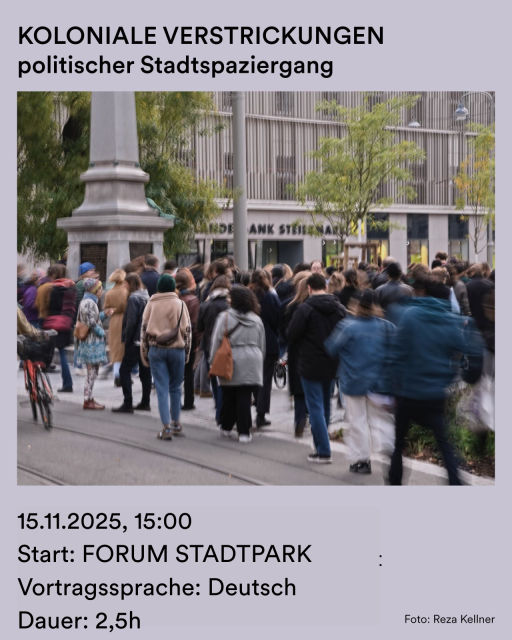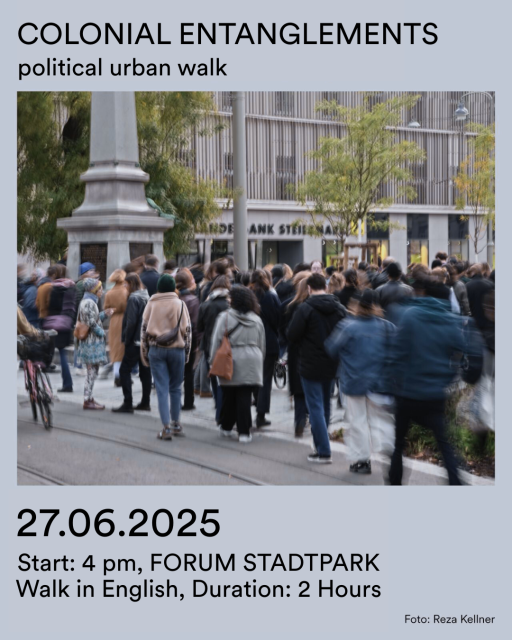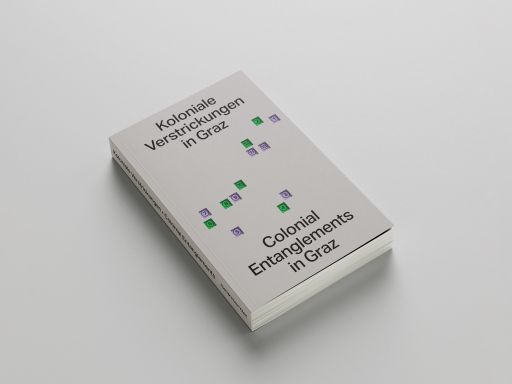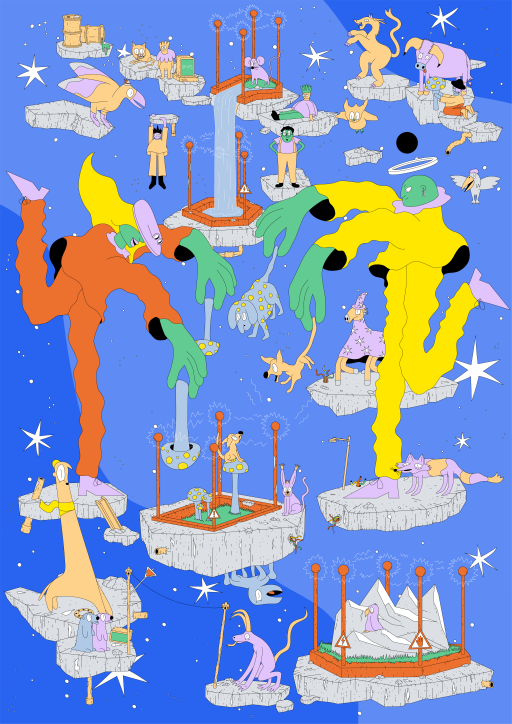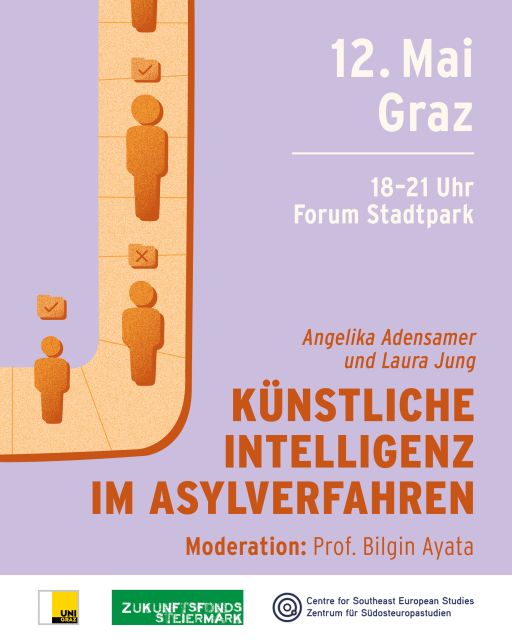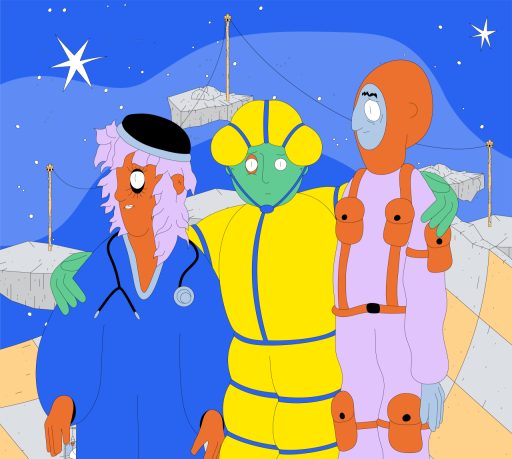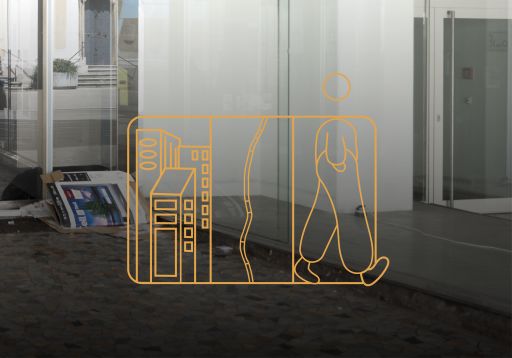Annette Kisling
A Photographic Approach to a Vanishing Architecture
Guest production
The (De)visualization of Robin Hood Gardens Social Housing in London: Annette Kisling‘s Photographic Approach to a Vanishing Architecture.
__
In her photographic work, Annette Kisling deals with how architecture not only shapes planned spaces, but also determines them. She focuses on the visible fronts that buildings turn towards the outside world.
In 2015, it was decided that Robin Hood Gardens, a large housing development in London, would be demolished. Designed in the early 1970s by Alison and Peter Smithson, Robin Hood Gardens was an innovative and prestigious social housing project at the time. Numerous efforts to preserve and redevelop this unique housing complex failed. The planning and execution of a new development took place in a very short time.
__
Since 2015, Annette Kisling has been visiting Robin Hood Gardens. She has photographically recorded the continuous transformation of the housing complex and the gradual disappearance of various sections. Each visit confronts the photographer with a changed situation that is part of the process that has been transforming the site. Through her images, she aims to make her view of the Smithsons' remarkable architecture and the specifics of the planning process comprehensible. At the same time, her work in recent years has been shaped by the demolition and disappearance of one of the two large residential buildings that still faced each other when she first began working on Robin Hood Gardens.
As of 2023, newly constructed buildings, ready for new residents, have occupied the location of one of the demolished apartment complexes from the 1970s. Opposite the new buildings, the still preserved but vacant second residential complex from the 1970s remains. A very special situation, an unusual counterpart.
__
How does architecture work as a medium? How does photography as a medium constitute meaning? What does architecture represent, and how can photographs represent architecture? How does a photographer decide what is not visibly present but implicit in the image? How are photographs shown and received? How do different manners of reception reflect on the themes touched upon and what do they say about the contexts in which architecture and photography are viewed and interpreted?
These and other questions will be addressed during this event. We are happy to announce that Annette Kisling will first present her photographic work Robin Hood Gardens and will subsequently engage in conversation with the panelists. The latter will raise questions and contemplate approaches from the perspectives of curation and scholarly engagement with photography as well as investigate the subject of photography’s presentation from the vantage points of cultural studies and cultural anthropology.
Annette Kisling lives in Berlin and Leipzig. She studied at the art academies in Kassel, Offenbach and Hamburg. This was followed by longer working stays in Zurich, Rotterdam, Paris, Marfa, Venice, Bangalore, Ahmedabad. Since 2009 Annette Kisling is professor for photography at the Academy of Visual Arts Leipzig. In photographic series Annette Kisling describes her experiences with the architecture that surrounds her. One focus is the modernism of the 20th century. In the case of the series Robin Hood Gardens, she deals with the demolition of the eponymous social housing complex of the 1970s and the unmistakable structural redefinition of the site in the 2020s.
